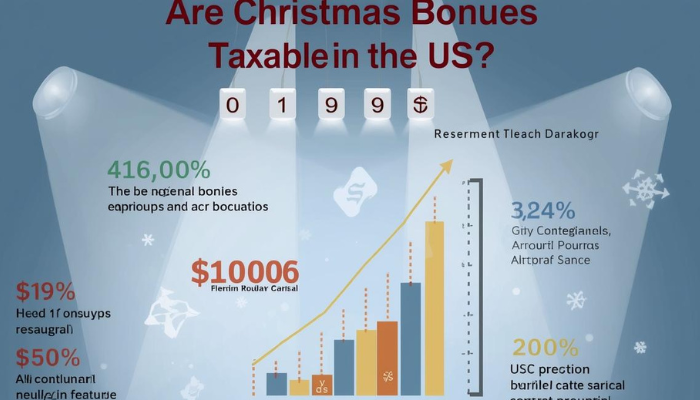
Can Foreign Tax Credit be Carried Forward?
Taxation is a mandatory part of life. Whether doing a job or running a business, you can’t escape the overwhelming taxation season, particularly for multinational companies. Can foreign tax credit be carried forward?
One such ambiguity necessitates further exploring the subject, demystifying the notion, and clarifying its ramifications. For this purpose, our tax accountant The Woodlands help you to navigate the process to find answers to, ‘Can foreign tax credit be carried forward?’.
An Insight into Foreign Tax Credits
Foreign tax credits are a vital part of the global tax structure, preventing double taxation on income received in other countries. When a taxpayer makes income in a foreign nation and pays taxes to the foreign government, the home country may offer a foreign tax credit to offset the tax burden incurred elsewhere.
Can Foreign Tax Credit be Carried Forward?
The ability to carry forward international tax credits depends on the tax legislation of the country in issue. In many circumstances, tax authorities permit the rollover of surplus foreign tax credits that cannot be used entirely in the current tax year.
This carryforward option is a valuable tool for taxpayers since it allows them to take advantage of these credits longer.
Limitations & Restrictions
While the carryforward of overseas tax credits is valuable, it has limitations and constraints. Taxpayers must understand the exact regulations governing the use of carried-forward credits. Some jurisdictions may set a time limit for using these credits. In contrast, others may restrict the categories of income against which they can be utilized.
The Impact of Changes in Tax Laws
It is critical to understand that tax regulations are prone to change, both locally and globally. Changes in political landscapes, economic situations, and global events can all result in changes to tax rules.
Taxpayers who rely on foreign tax credit carryforwards must stay current on changes in tax rules to be compliant and alter their tactics accordingly.
Strategic Planning for Foreign Tax Credits
Practical usage of international tax credits requires strategic planning. This entails thoroughly examining the taxpayer’s global income and tax liabilities. Understanding the subtleties of each jurisdiction’s tax legislation, especially regulations governing carryforwards, enables proactive tax planning and reduces the risk of lost opportunities.
Case Studies and Examples
Consider a multinational firm that operates in numerous countries to see how international tax credit carryforwards are used in practice. If the business incurs a significant tax burden in one jurisdiction in a given year but makes a little amount of revenue there, it may have surplus foreign tax credits that may be carried forward to balance future tax liabilities in that country.
Navigating Foreign Tax Credit Carryforwards
In US taxation, foreign tax credit (FTC) carryforwards allow taxpayers to apply unused credit amounts to offset US tax liability in future years – up to ten years after the original tax year.
Carrybacks let you apply excess credits to the previous year first. They must be tracked by foreign-source income category (e.g., passive, general, Section 901(j)).
Use IRS Form 1116 (for individuals) or Form 1118 (for corporations) to report and manage carryover balances. Some categories, like income under GILTI (global intangible low-taxed income), may not be eligible for carry treatment. So, strict categorization is critical to avoid losing credit potential.
Strategic Considerations and Best Practices
To maximize the value of FTC carryforwards, prioritize carrybacks when prior‐year tax trends favor recovery, then apply carryforwards in years when US liability exceeds the foreign tax credit limit.
Be mindful that the credit is constrained by the ‘tax credit limitation’ – your foreign‐source taxable income times US tax rate – which may restrict the amount you can use each year.
Maintain thorough records of foreign tax payments, certificates, and currency conversions to substantiate carryovers. Also, review possible interactions with foreign tax credit elections, treaties, and state tax rules. Seek specialized advice to avoid forfeiture or suboptimal utilization.
The Bottom Line
Comprehending ‘Can foreign tax credit be carried forward?’ is valuable for taxpayers negotiating international taxation. While this provision provides relief from double taxation, it is critical to understand the exact regulations and limitations imposed by tax authorities. Our Dallas tax services help you maximize the benefits of international tax credit forward with strategies while being compliant in an ever-changing fiscal landscape.
Read More:


